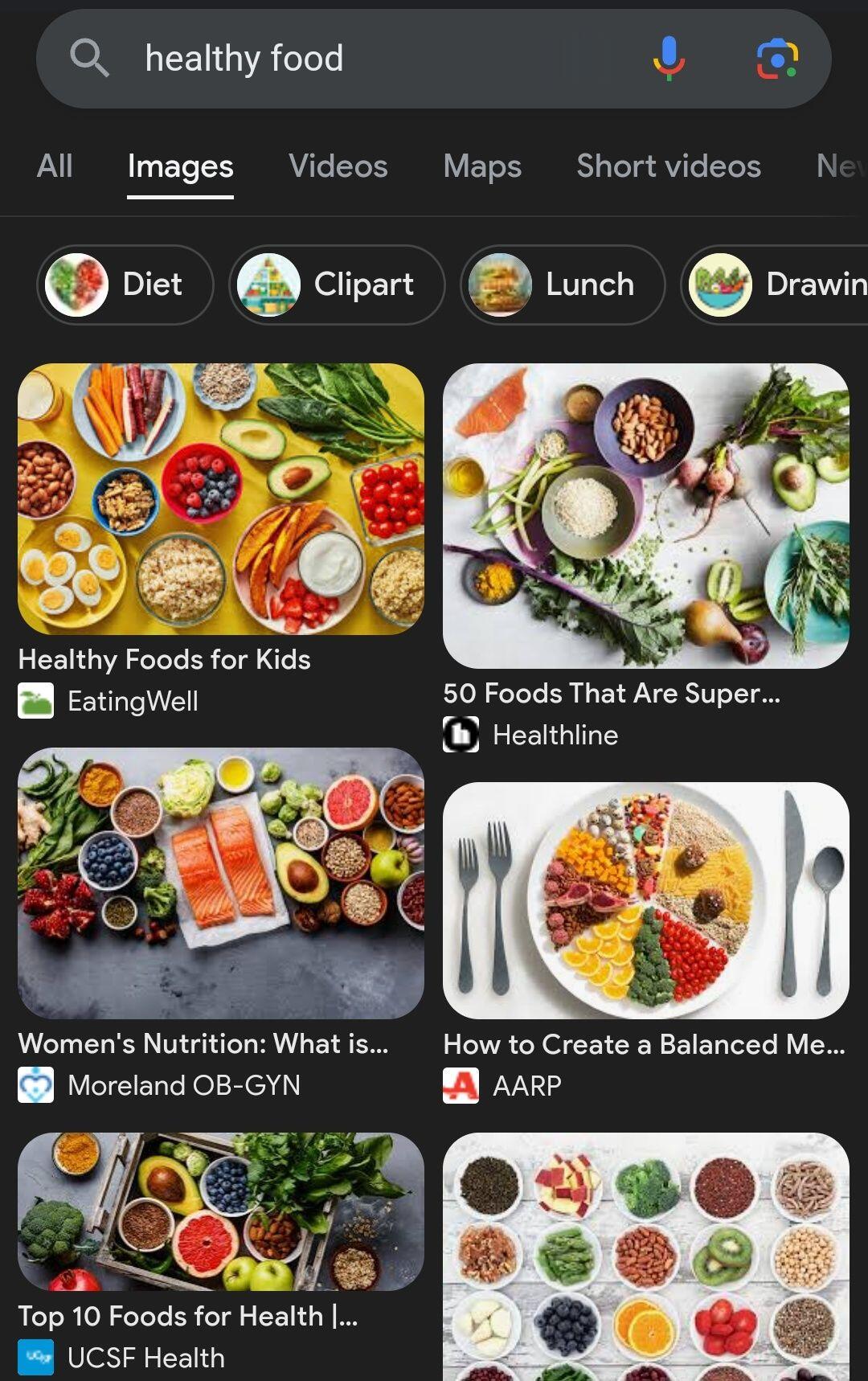There are vested interests spending billions to make this our reality. But somehow, we perceive it as true information. This reveals a significant problem of conflicting interests.
Let's consider an example. We all know that companies that attract more customers, sell more products, and are more profitable become more powerful, while others go bankrupt. Now, imagine two companies: one that does whatever it takes to attract the most customers and maximize profits, and another that genuinely prioritizes the well-being of its customers.
What can the first company do? It can create a simple, cheap product and make it desirable to customers by using the fastest and most cost-effective methods, like adding artificial ingredients. Then, it promotes a reality where its product is seen as healthy and good, while demonizing the competition. It makes the product as addictive as possible, influencing customers’ ability to think and choose freely, and ensuring they become dependent on the product.
Meanwhile, the second company strives to make the best possible product for the customer, which requires more time, resources, and results in a higher cost. It won't be addictive, and with lower profits, there won’t be enough money for aggressive advertising.
Consequently, the first company becomes profitable and powerful, while the second one disappears.
This is exactly what happens. This is the state of our world today. "Natural selection" has occurred, and only companies like the first one have survived. They continue to distort our reality to increase their profits even more.
The next time you receive "free" information, ask yourself why people are spending time and money to give you this advice.
The next time you think you know something, consider where that knowledge came from.
Only by analyzing opposing views, considering incentives, and trying things for ourselves can we reach a firm understanding of reality...

